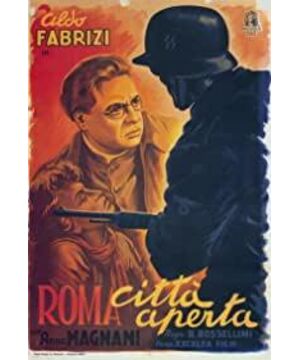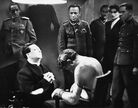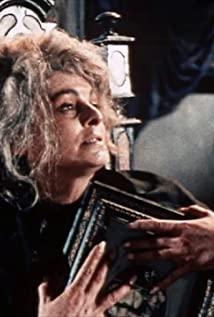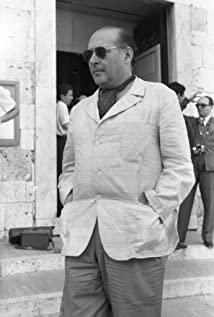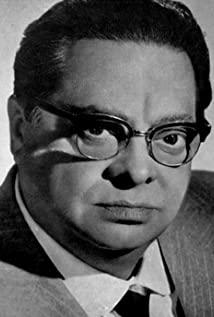The representative works of Italian neorealism after World War II, and subsequent realist films have gradually been separated from the overly dramatic expression of the previous films separated from life.
Even without these introductions, this movie is a good movie. The storyline is simple, very similar to the domestic anti-Japanese hero film, but the difference is that the hero of this film has a little more life and is not as majestic as the anti-Japanese hero, but it can be felt in the details under the cruel reality background. The beauty and fun of life. At the same time, the film does not blindly accuse the Nazis, but explores the root of the war through the mouths of the Nazis. The role of the priest, in my opinion, is not to preach any kind of belief in Christ. He is just an ordinary person in the war years. Even a priest who believes in God will curse the Nazis and immediately repent. The horror and absurdity of war, its destruction of human body and spirit can be seen.
This film depicting wartime, revealing anti-war sentiments and thinking about war, the exploration of human nature and the wonderful praise of ordinary life are all worth watching, even if this is a 1945 film, it is precisely because this is war. The film that just finished, may be more worth watching.
View more about Rome, Open City reviews


